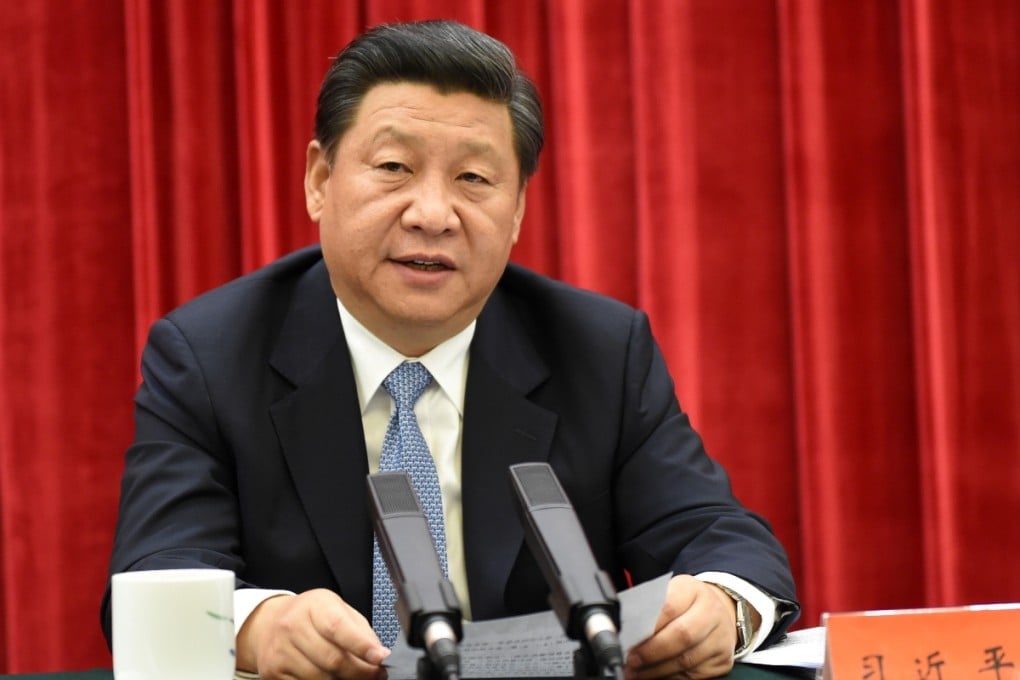The View | China’s strategy: keep tilting the playing field until someone notices
The government's strategy of firm politics but economic liberalisation is designed to provide stability and a flexible economy to face the future

For millions of Chinese, a summer trip to the seaside involves playing in sand, a dip in the sea and bad food. Last week a group of elite leaders went to the coastal resort of Beidaihe and did none of those things.

That thinking has been cast aside. This fifth generation of China's leadership is shaping up as the most politically conservative since Mao, but also one of the most economically liberal.
Economic liberalisation is a hot topic, for growth will keep the people happy
Tight politics is reflected in tight public security, and tougher restrictions have been imposed on the internet and social media. China's foreign policy too has been highly assertive, which plays well domestically, and with the armed forces. It touched Hong Kong with June's White Paper that was calculated to reinforce China's hold over the special administrative region.
President Xi Jinping and Premier Li Keqiang appear daily in hospitals, disaster areas, new projects, and on visits to many countries - if they are not welcoming foreign leaders to the Great Hall of the People - almost as if they are running for office. Xi is the most frequently mentioned leader in the Communist Party mouthpiece People's Daily since Mao himself, according to University of Hong Kong research.
There have been trials of foreign individuals unconnected with governments on allegations of spying - as if the government leaves secrets in public places. The Religious Affairs Bureau has even stated that it will be rewriting Christian theology; not a mean undertaking considering the original author.
Economic liberalisation is a hot topic, for growth will keep the people happy. Global use of the yuan has soared and the Shanghai free-trade zone and the through-train scheme for stock trading between the Hong Kong and mainland bourses are cracking open the door.
The campaign on corruption has seen hundreds of party cadres caught and punished, opening up business channels and hopefully pleasing the people, who have tired of paying under the counter. There is more emphasis on environmental protection and reducing poverty.
